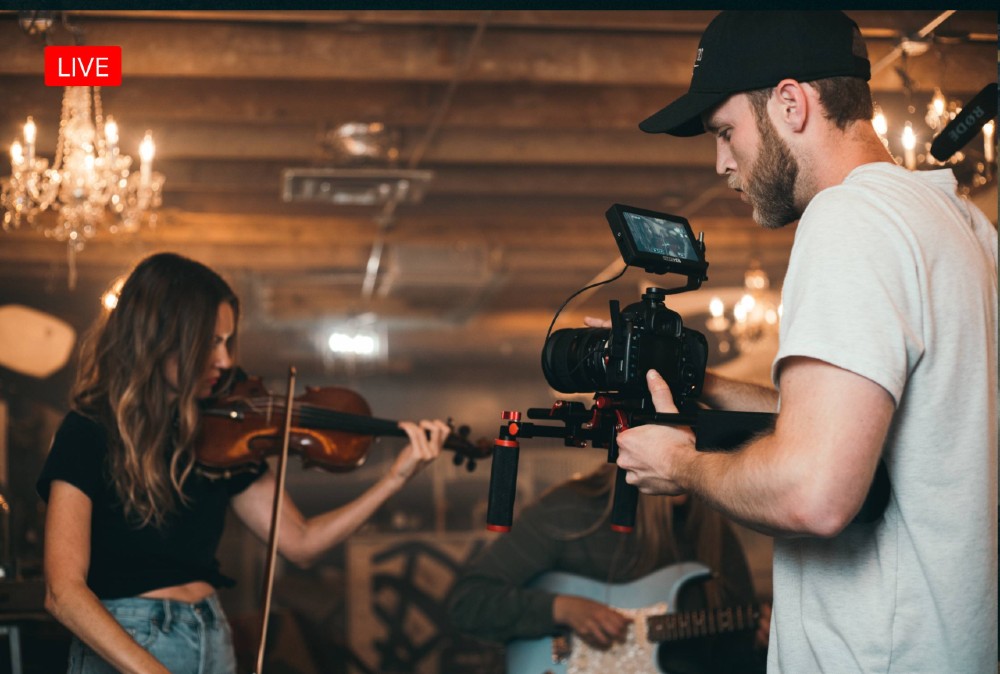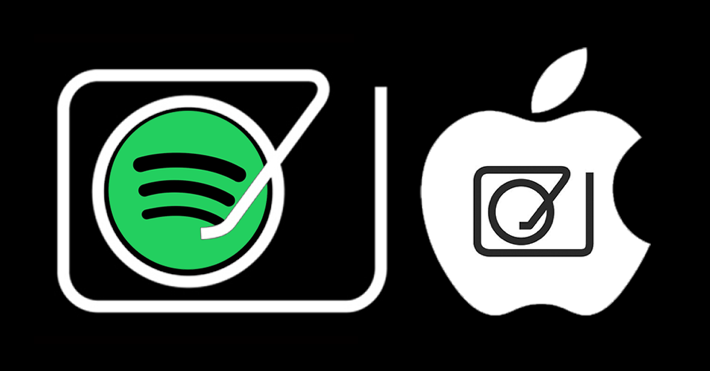If there’s one thing we all can agree on, it’s that music creators need to be paid for their work. It turns out that earning and collecting your music royalties is simpler than you might think. While most creators are familiar with the royalties they automatically receive from their digital distributor (like Distrokid, Amuse, United Masters, Repost, CD Baby, Tunecore, etc.) for being a performing artist, many are unfamiliar with the additional royalties they are entitled to receive as the creator or writer of their songs. By quickly registering your original songs with a performing rights organization (PRO), you are unlocking a new music royalty stream called a “performance royalty” that is over and above your standard distribution royalties.
AllTrack is the best performing rights organization (PRO) for indie artists (including DIY artists and artists with indie labels) for several reasons that we dive into below.
What Are Performance Royalties?
The right for artists to be paid royalties for the use of their work is baked right into the US Constitution. As a music creator (songwriter, composer, producer), you are able to license your music to businesses, including streaming services, broadcast and cable TV stations, radio stations, and millions of potential physical businesses like hotels, retail stores, restaurants, and nightclubs. Each and every time your music is played in or by one of these businesses, you are owed a performance royalty.
Public performances occur in many traditional ways that you might expect (such as streaming and live performances), as well as some which you may not have considered such as music played over a digital device in a bar, venue or store, music used on websites or apps, by live DJs, on jukeboxes, at events and conferences, in lobbies or elevators of buildings, during sports or newscasts, for karaoke, even the music used while on-hold on a company’s phone line. And now, in the current era of Covid-19, you can also earn performance royalties for your livestreams (on top of what the livestream service is paying you).
Tracking and collecting royalties from all of these businesses could very well be a full-time job by itself. This is where a PRO like AllTrack Performing Rights can step in to collect royalties on your behalf. AllTrack is the best performing rights organization (PRO) for indie artists for several reasons:
- It’s free to join (without any recurring monthly or annual fees).
- You don’t need to have a publisher to receive 100% of your royalties.
- They track and collect your performance royalties (including livestream royalties) on a worldwide basis for all types of uses
- They’ve broken down the entire process into a very simple and user-friendly interface that enables independent music creators to register songs in a matter of seconds.

3 Simple Steps To Start Receiving Your Performance Royalties
Whether you’re a full-time creator or if making music is a side hustle, collecting all of the music royalties that you’re due is essential. Signing up to receive music royalties for the public performance of your songs only takes 3 simple steps:
- Register free. Signup for a free AllTrack account as a creator.
- Register your songs. Add each of your original songs to your account and AllTrack will track and collect your worldwide royalties automatically as your songs are played. As you write or create original songs in the future, simply login to your account to register these new songs.
- Report your live performances (optional). Add the setlists from your live shows and livestreams to your account and AllTrack will pay you royalties for these performances of your original songs. If you create music but don’t perform live, no problem. You will still receive all of the royalties from step 2 based on the other uses of your music (streaming, broadcast, etc.).
From one musician to another, don’t leave money on the table, especially when receiving your music royalties is this easy!


